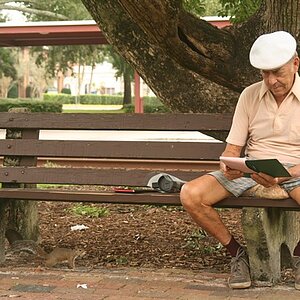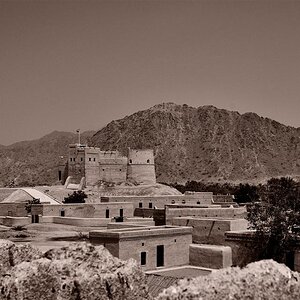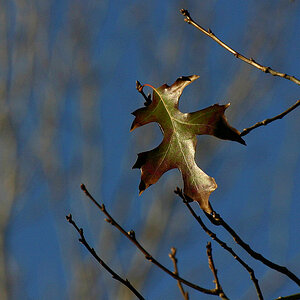sean ybarra
TPF Noob!
- Joined
- Oct 7, 2018
- Messages
- 2
- Reaction score
- 0
I'm completely new to photography I always wanted to get in to it and learn and participate as a hobby/and develop a new skill but I'm at a loss on how to go about learning I usually read a lot and participate in forums like I am now. So I was wondering if any of you can recommend a good overall encompassing book to learn photography or several books for learning how to compose pictures for beginners, photo theory, or just photography for beginners. I recently bought a sony A6000 so that's the camera I'll be learning with the lens I'm using is the stock lens thats 15-50mm i believe. Any advice or stories about how you learned would be great too thank you 


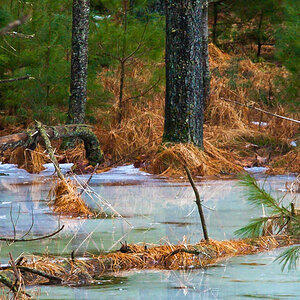
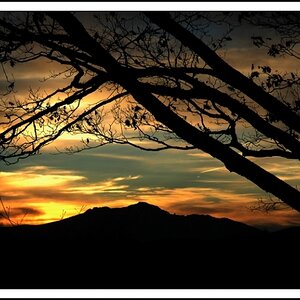
![[No title]](/data/xfmg/thumbnail/39/39469-3f2d242112dec8dc3e7b2836cc85afec.jpg?1619739042)
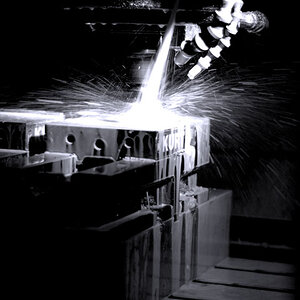
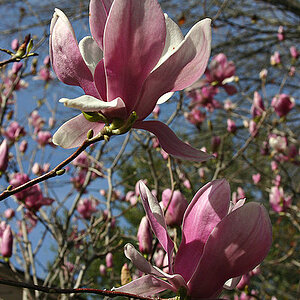
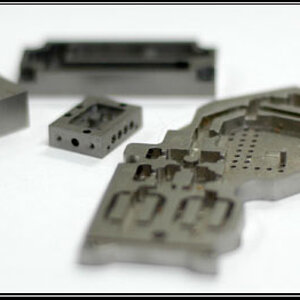
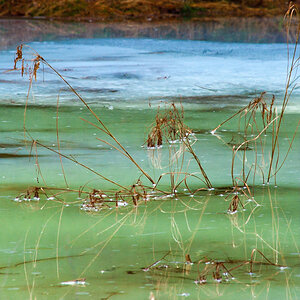
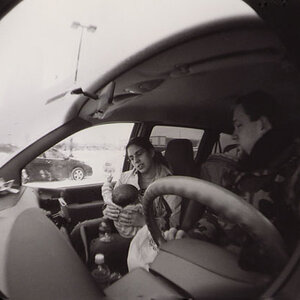
![[No title]](/data/xfmg/thumbnail/35/35597-714b74cc48992e5353856abfe325df68.jpg?1619737065)
